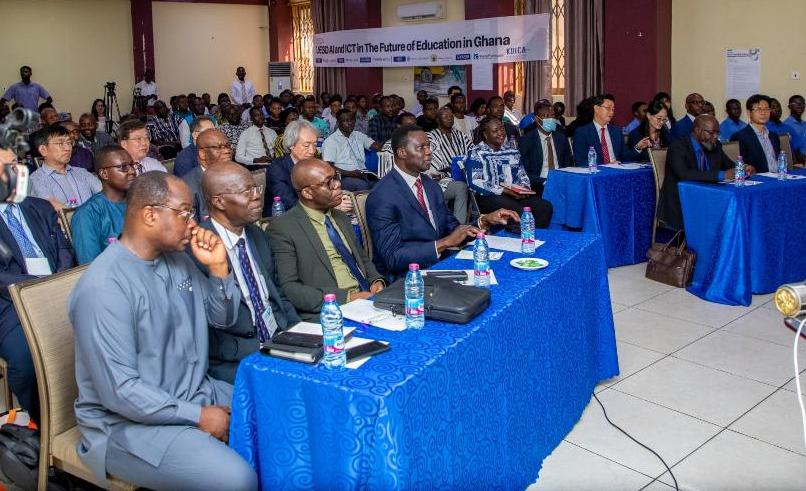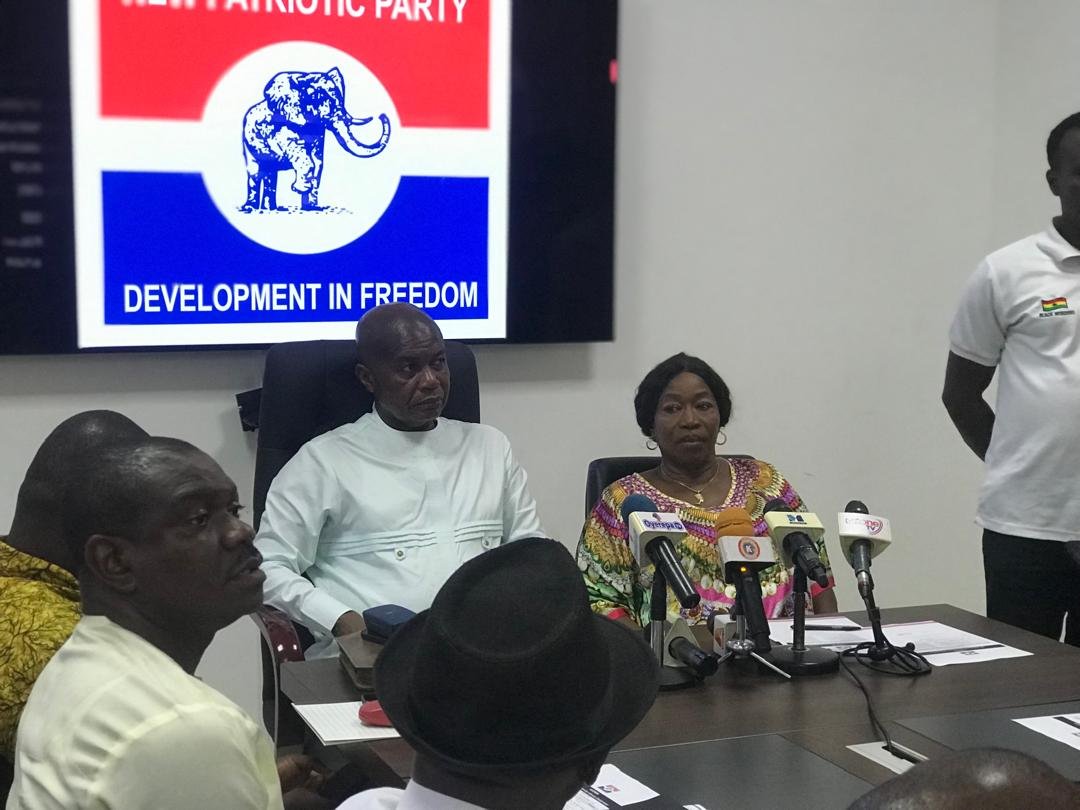
Google's first artificial intelligence lab in Africa opened in Ghana. The Internet tech giant aims to provide researchers with the necessary tools to build products that can solve Africa's problems in every field, particularly in health and agriculture.
The vast majority of artificial intelligence (AI) experts and hubs are based in North America, Europe and Asia, with little representation from Africa. This is set to change, given that this lack of diversity can ingrain unintended algorithmic biases and build discrimination into AI products. This representation deficit of African AI researchers, engineers and talent also means less knowledge of the continent's specific problems and fewer opportunities to use AI to improve the lives of Africans.
Google describes AI as "an area of computer science that emphasises the creation of intelligent machines that work and react like humans to solve real-world problems. Problems that have remained unsolved for generations."
"AI is a critical tool used today to accelerate all sorts of sciences - in physics, chemistry and engineering. But most of the people working and advancing the science and developing it in the field are based in Western countries. It's important that such an important field [can address] the diversity of problems that the world faces today, and that Africa is accurately represented," Moustapha Cisse, an expert from Senegal and the research scientist who will head the @GoogleAI centre in Accra, was quoted as saying by Business Insider South Africa.
The Internet tech giant hopes to provide researchers with the necessary tools to build products that can solve Africa's problems in every field, particularly in health and agriculture.
The centre will gather researchers and engineers in AI, which is also known as "machine learning", on the continent to facilitate development and solve challenges in various sectors of the economy. In agricultural production the lab will analyse how AI can help farmers to address the basic problems they face.
"The AI centre in Accra is also making use of AI to improve health care - not just the health of human beings but also that of plants. This is sometimes a matter of food security because, in certain regions, you have crop diseases that can cause food security problems. We have people who are working on improving the diagnosis of various crop diseases," Cisse told IT Web Africa.
The lab will also work directly with researchers at African universities by providing grants to students and academics interested in the various fields of AI and giving Ph.D. scholarships, Cisse said. He will be working with nine other software engineers and research scientists from different countries: Nigeria, Lesotho, Senegal, Uganda, Canada, UK, USA, Israel and Ireland.
"We'll work and collaborate with institutions across the continent. The team itself is very international - already we have about 10 people coming from more than 12 different countries; Africans and non-Africans as well. We are looking forward to collaborating with African institutions," Cisse said.
In addition, the lab will use AI to analyse advanced satellite images that will allow researchers to estimate population growth.
Challenges
AI will face several challenges for it to integrate with African end users. For starters, most of the work done in AI is designed to be deployed on powerful machines, which, for the average African who uses basic telecommunication devices and lacks or has limited access to the Internet, presents a major access issue.
"If you want to improve access to this technology [AI], we need to design learning machines that are as accurate as possible so we can deploy them on small devices, like feature phones. We're also adapting our products to make it easy for people to discover the best of the Internet, even on low-RAM smartphones or unstable network connections," said Cisse.
Secondly, AI that will translate the more than 2 000 African languages spoken on the continent is also needed.
"Linguistically, Africa is the most diverse place. It would be nice if people could communicate beyond these language barriers. Many Africans speak up to three languages, but if we had machines that can speak hundreds of languages, imagine who would be able to speak to the 2.4 billion people projected to be living on the continent in the next 30 years," according to Cisse.
The algorithmic bias problem with AI structure in regards to Africa will finally begin to change to an inclusive algorithm that represents all end users.
Nyalleng Moorosi, a software engineer at the centre, whose work focuses on making AI more diverse, said, "More Africans would be included in data gathering to provide an accurate representation of users. When you build something, you think it will only work for the world you know and for your neighbourhood. You forget that it could be so great that it becomes deployed to foreign neighbourhoods."
She added, "The best way to go about this is to have diverse teams working on these algorithms. Then we will get somewhere."
Despite research by the United Nations in 2016 indicating that robots will take away two-thirds of jobs in developing countries, this could be part of the algorithmic bias. One thing is for sure, however: There is a need for Africans to be at the forefront of providing solutions to problems on their own continent.
Read Full Story






















Facebook
Twitter
Pinterest
Instagram
Google+
YouTube
LinkedIn
RSS